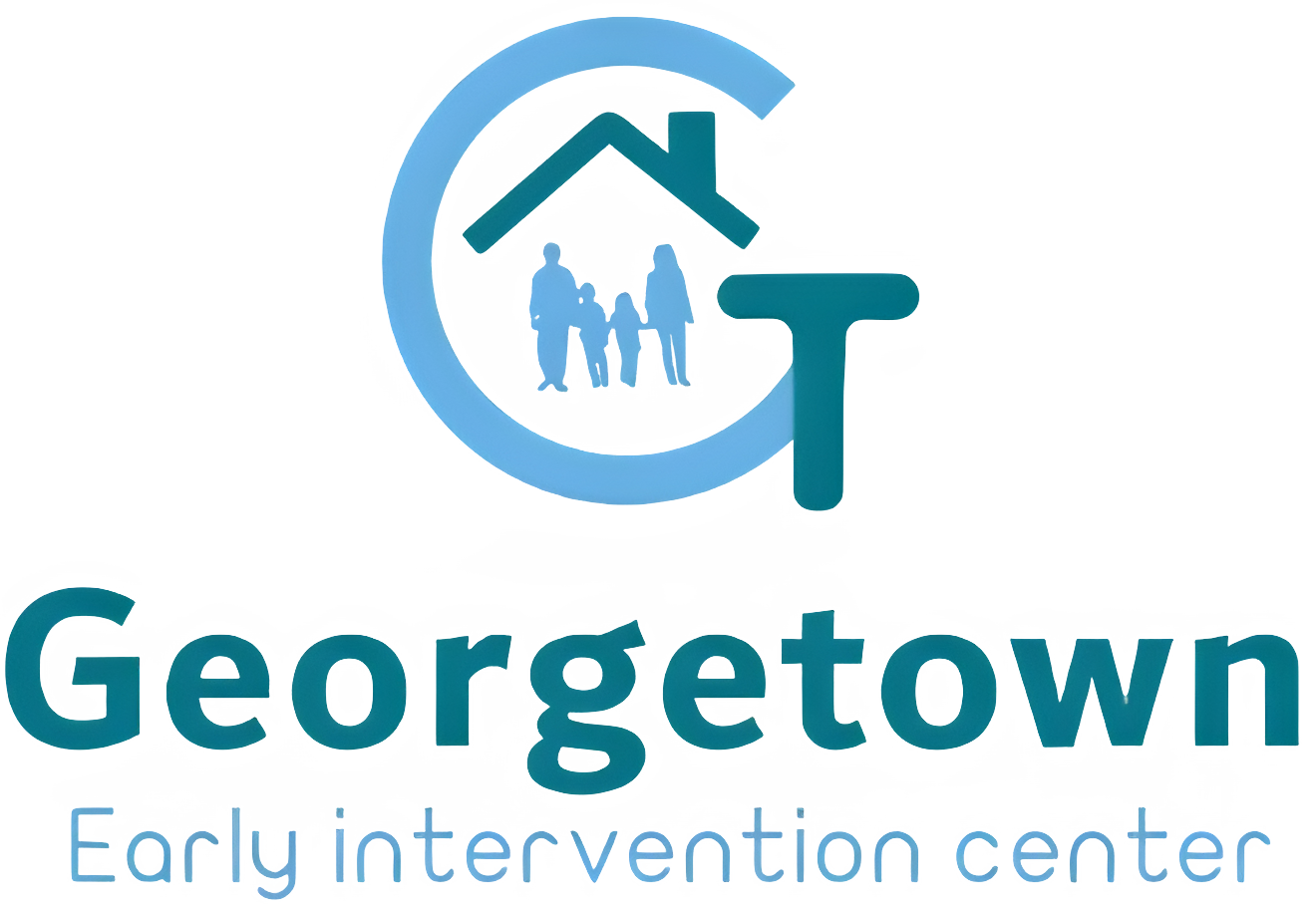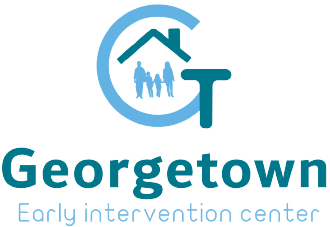Music therapy is an evidence-based therapeutic approach that harnesses the power of music to address physical, emotional, cognitive, and social needs. For children, in particular, music therapy can be transformative, helping them express emotions, improve social skills, and enhance cognitive development in a non-invasive, enjoyable manner. This holistic treatment has become widely accepted as a complementary therapy for various developmental challenges, making it an excellent option for children.
How Music Therapy Works
Music therapy involves the use of music—both listening and creating it—as a therapeutic tool. Certified music therapists work with children to achieve specific goals tailored to their individual needs. These goals can range from improving communication skills, boosting motor coordination, or even fostering emotional expression. The sessions often incorporate singing, playing instruments, moving to music, and songwriting, which keeps the therapy engaging and interactive.
The Benefits of Music Therapy for Children
- Enhances Communication Skills
Music therapy is especially beneficial for children with speech and communication difficulties. Through the use of music, therapists can encourage children to express themselves in ways that are less intimidating than verbal communication. Songs and rhythms can serve as a bridge to verbal communication, helping kids develop vocabulary, sentence structure, and conversational skills. - Supports Emotional Expression
Music has the power to evoke and regulate emotions, which can be helpful for children struggling with anxiety, depression, or behavioral challenges. Music therapy provides a safe space for children to explore their emotions, allowing them to express feelings they may find difficult to articulate in words. This emotional exploration can lead to improved self-regulation and emotional understanding. - Improves Social Skills
Group music therapy sessions encourage social interaction, teamwork, and cooperative play. Children learn how to share instruments, take turns, and participate in group activities, all of which foster socialization. This can be particularly beneficial for children with Autism Spectrum Disorder (ASD) or other developmental delays, helping them build essential social skills in a fun and supportive environment. - Boosts Cognitive Development
Research has shown that music therapy can enhance brain development and cognitive skills in children. The process of learning rhythms, melodies, and lyrics stimulates memory, attention, and problem-solving skills. Additionally, the repetitive nature of musical activities helps reinforce cognitive patterns, making learning more effective. - Promotes Physical Coordination
In addition to cognitive and emotional benefits, music therapy can help improve fine and gross motor skills. Playing instruments like drums or tambourines requires coordination, and moving to music during therapy sessions helps children develop body awareness and physical coordination. These activities can be particularly helpful for children with physical disabilities or developmental delays.
Who Can Benefit from Music Therapy?
Music therapy can be beneficial for a wide range of children, including those with:
- Autism Spectrum Disorder (ASD)
- Speech or language disorders
- Developmental delays
- Behavioral issues
- Attention Deficit Hyperactivity Disorder (ADHD)
- Emotional or social difficulties
- Physical disabilities
Conclusion
Music therapy offers a creative, engaging, and highly effective way to support children’s development across multiple areas—communication, emotional well-being, social interaction, cognitive function, and physical coordination. Whether your child faces specific developmental challenges or could benefit from emotional support, music therapy provides a safe, enjoyable environment to help them thrive.


